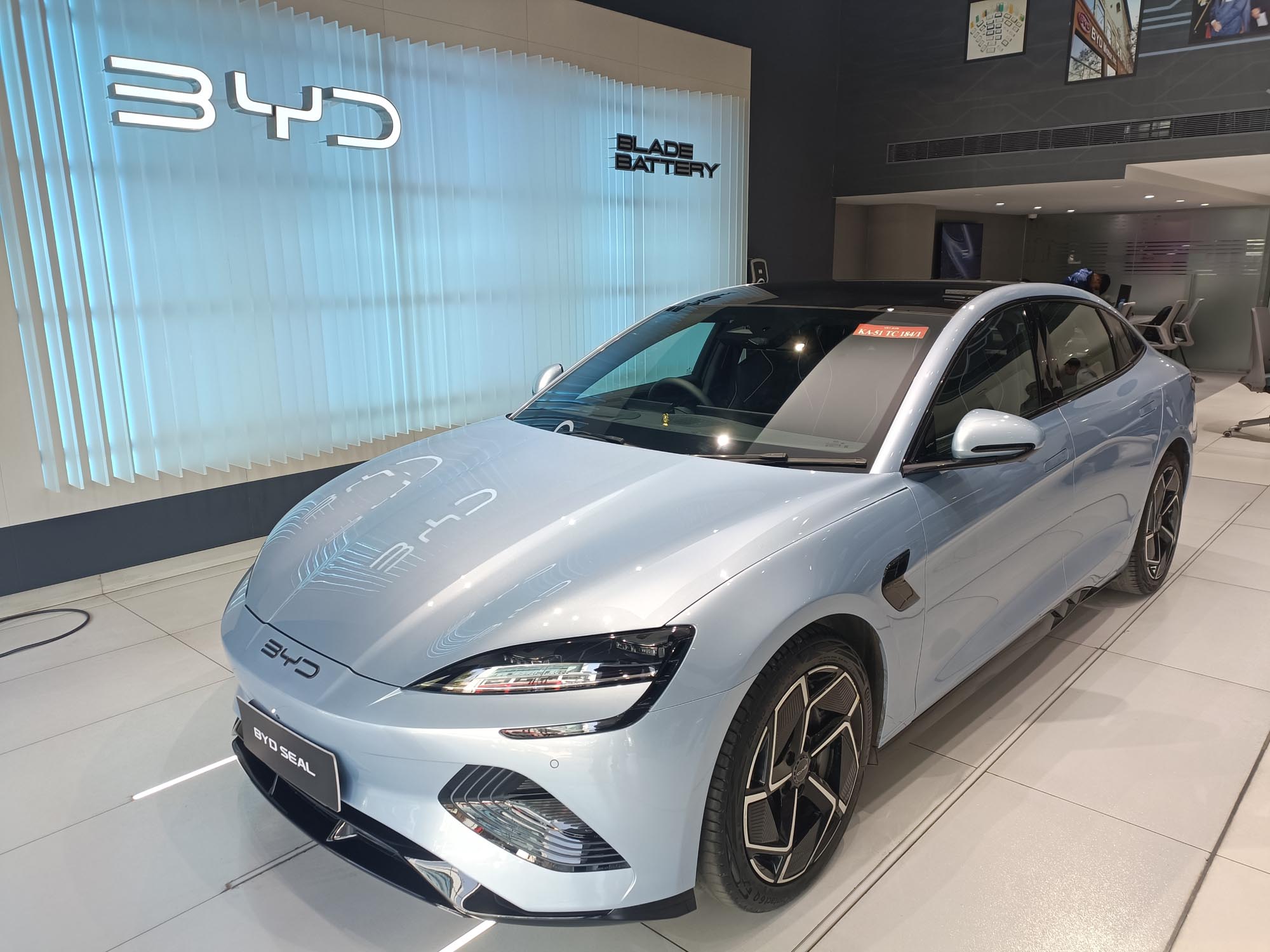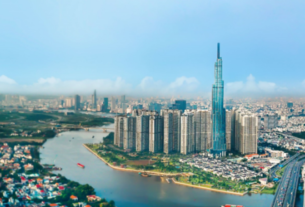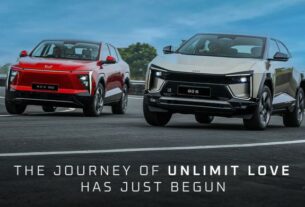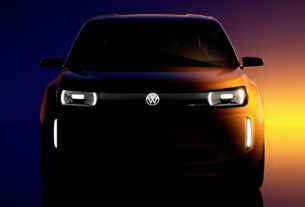In the ever-evolving landscape of electric vehicles (EVs), one name has been making waves across the globe and is now set to revolutionize India’s EV market: BYD. Standing for Build Your Dreams, BYD has emerged as a leader in the realm of electric mobility, since its inception in 2003. With a commitment to innovation and sustainability, BYD has introduced the Seal, its latest offering poised to redefine the luxury sedan segment in India. From its cutting-edge design to its advanced technology and impressive range, the BYD Seal represents a paradigm shift towards a greener, more sustainable future. Raghul Sivaguru delves into the features, performance, and impact of the BYD Seal, and explore why it’s poised to become a game-changer in India’s EV revolution.
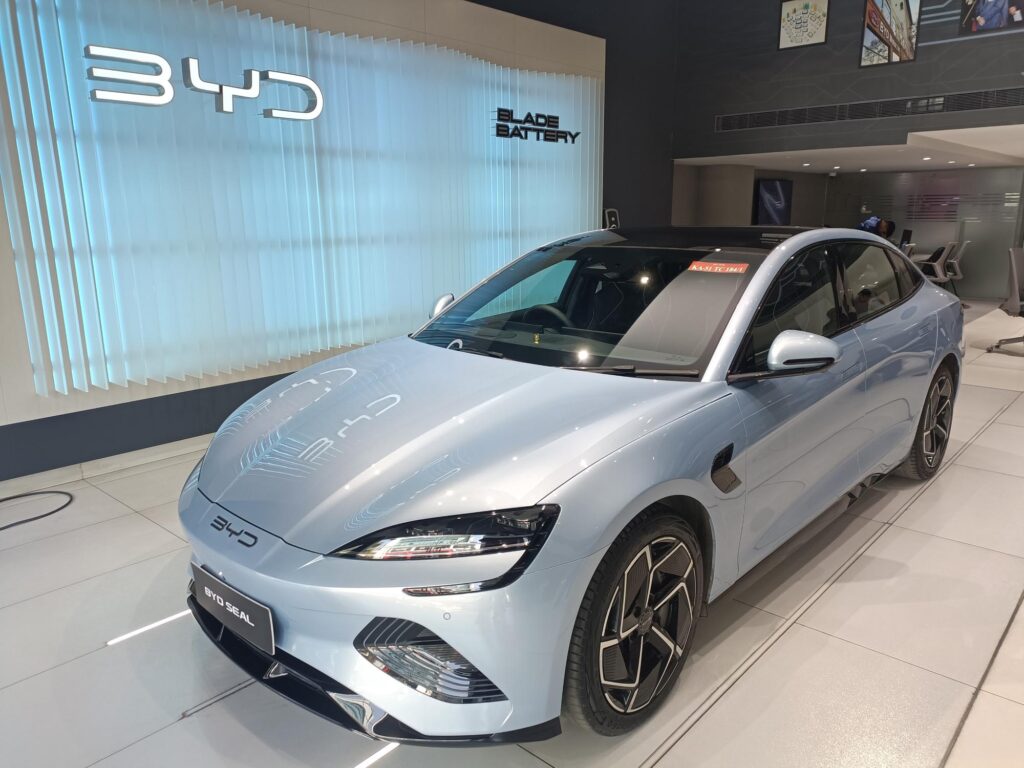
BYD stands for Build Your Dreams, a leading Chinese EV car brand founded in 2003 that is currently expanding its presence in India. One notable credit to BYD’s success is the model in focus in this report. As testament to its popularity, the Seal model has already amassed over 1000 bookings within 3 months of launch. In response to this demand, BYD has swiftly opened 5 showrooms across India on the same day. During the Seal’s launch in India, the company inaugurated a dealership in Lucknow. Last year, in 2023, BYD outpaced Tesla in EV sales, selling 3.02 million NEVs, and is now on track to become the world’s top EV manufacturer. In terms of exports, BYD has shipped 2.43 million NEVs to 64 countries. Their LFP Battery Packs, known as the Blade Cell, are widely regarded as the best available and are utilized by numerous other carmakers globally.
BYD Range for India
The E6, originally a practical MPV primarily used as taxis, is now available to private buyers. The Atto 3, a stylish and premium electric crossover, belongs to a higher segment. BYD’s newest offering in India, the Seal, is a luxury executive sedan available in 3 variants, each with two different battery and motor setups. In the following sections, we’ll delve into what sets this car apart. The Seal is poised to make significant contributions towards reducing carbon emissions and advancing the mission of EV30@2030. BYD’s factory in Chennai, inaugurated in March 2007 at a cost of $200 million, underscores the company’s commitment to the Indian market.

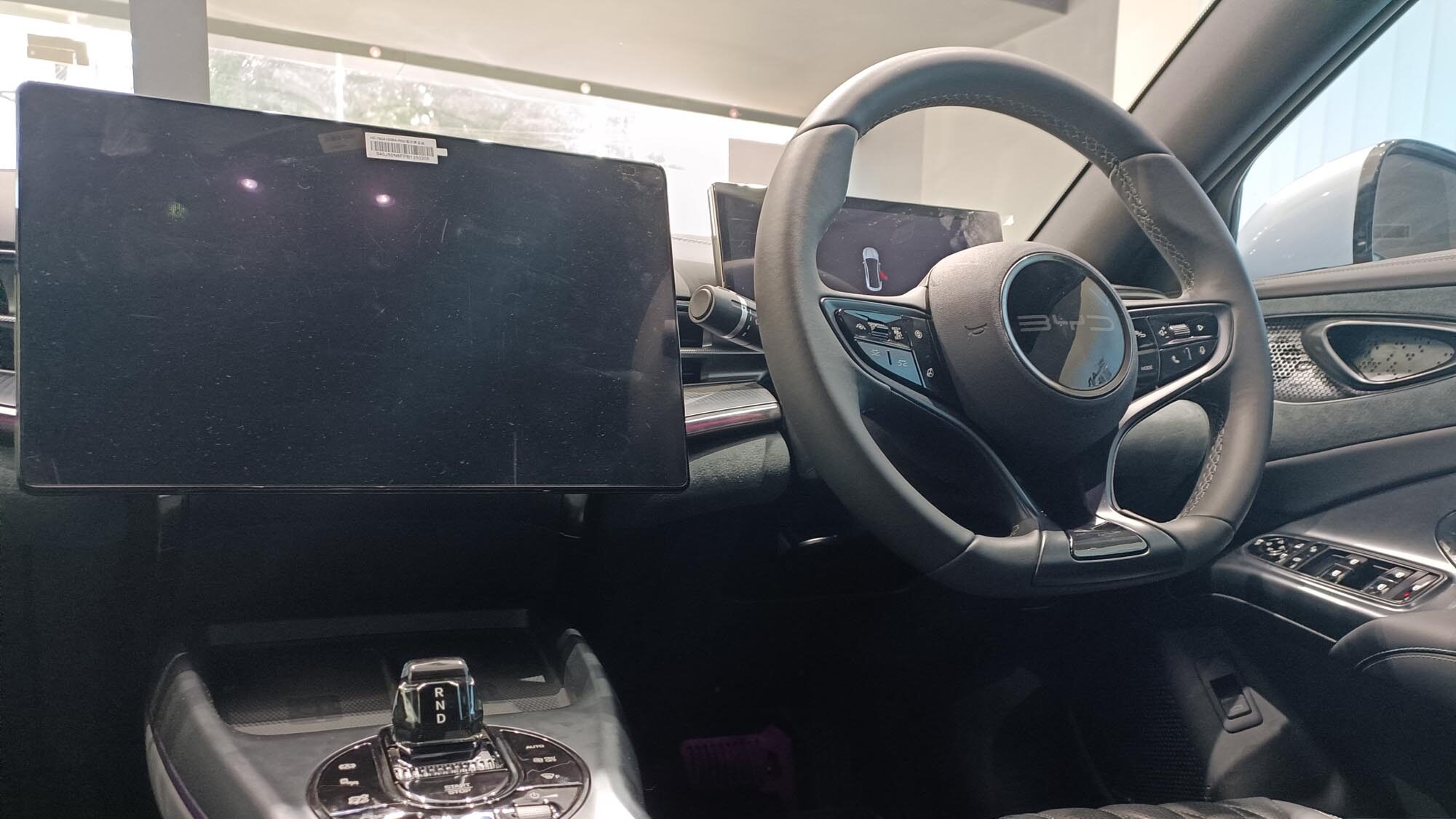
Design
The BYD Seal boasts sizable dimensions, measuring 4,800mm in length, 1,875mm in width, 1,460mm in height, with a wheelbase of 2,920mm, giving it a commanding presence on the road. This car has earned the prestigious iF Design Award, highlighting the significance of its low-slung design. With a ground clearance of 145mm, it’s worth noting that the car may encounter challenges with larger speed bumps in India. Recognizing the impact of aerodynamic efficiency on an EV’s range, the Seal features a closed grille, flush-fitting door handles, and machined 19-inch alloy wheels with aero flaps. Every 0.01cd reduction in drag coefficient translates to an additional 8km of range in cruising mode. Remarkably, the Seal boasts a drag coefficient of just 0.219, owing to its sleek Fastback silhouette. Shorter overhangs and corner-mounted wheels further enhance its aerodynamics.
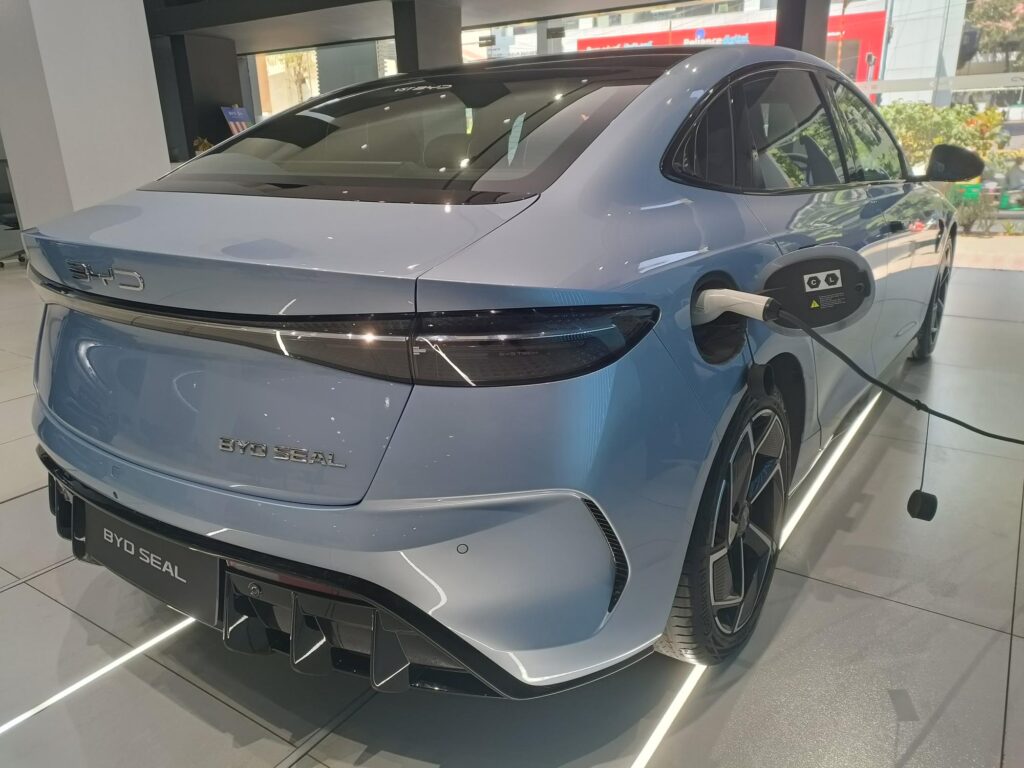
The Seal sedan adopts an ‘Ocean Aesthetics’ design language, evident in details like the floating LED DRLs on the front bumper, reminiscent of ocean waves. Sporty design elements such as the connected LED tail-lamps and rear diffuser complement the car’s overall aesthetic. The longer wheelbase contributes to its grounded stance. The Seal is available in four colors: Atlantis Grey, Aurora White, Cosmos Black, and Arctic Blue. Recognizing its sleek design, the Seal was nominated for the World Car of the Year and World Urban Car categories last year, and it also won the European and North American Car of the Year awards in the NEV space.
Interior
Upon entering the cabin, one is greeted by a harmonious blend of minimalism and elegance. Soft leatherette surfaces with double stitching, along with piano-black plastics, ambient lighting, and metallic trims, create a premium ambiance. The clever utilization of space includes an open area under the center console and two rubberized bays compatible with 15W wireless phone chargers, alongside an enclosed storage bin.
The dashboard features a prominent 15.6-inch 1080P touchscreen that can rotate between landscape and portrait orientations via a motor. This touchscreen controls various functions such as AC settings, seat heating and ventilation, akin to an Android tablet. Physical buttons for music volume, drive modes, and more surround the crystalline-like gear lever, designed to resemble a water droplet. The three-spoke steering wheel houses sensitive buttons for intuitive operation. The 10.25-inch full LCD digital instrument cluster displays all relevant information clearly.
The front seats are generously proportioned and comfortable, while the back seat is situated above the battery pack. Access to the low-placed seats may require some adjustment due to the car’s streamlined design. However, once seated, passengers enjoy a reclined backrest, ample under-thigh support, and comfortable seat squab, making it suitable for long-distance travel. Legroom and headroom are plentiful, and EV-exclusive features like a flat floor and frunk (50 liters under the bonnet) further enhance convenience.
The panoramic roof, plated with silver, is made of glass and tinted to block 99% of UV rays. An internal sunshade is available as an accessory, ideal for India’s hot climate. The boot offers 400 liters of luggage space, with additional storage space underneath the lid for secure items such as the charger cable. Notably, instead of a spare tire, a puncture repair kit is provided, possibly as a weight/cost-saving measure.
Features and Safety
Many key features are standard across all three variants of the BYD Seal, accessible via the smooth and responsive touchscreen. The high-resolution graphics ensure excellent daylight visibility and functionality. The 360-degree camera feed can be displayed on the touchscreen while driving, enhancing convenience. The touchscreen also allows swift adjustment of AC vents and airflow. Additionally, a negative-ion air purifier with a PM 2.5 filter is included.
Connectivity features such as Android Auto and Apple CarPlay are available, with the voice assistant capable of recognizing the Indian accent. USB-A and USB-C ports are conveniently located for device charging. The DYN audio music system delivers impressive clarity. Notable features include a heads-up display, NFC card key for locking and unlocking the car, and powered tailgate. In terms of safety, the Seal is equipped with a Driver Attention Monitor, 9 airbags, ADAS Level 2, Electronic Parking Brake with Auto Hold Function, Front and Rear Parking Sensors, AEB, ACC, and iTAC.
Battery, Range, and Charging
The BYD Seal offers three powertrain combinations across its variants in India. The entry-level Dynamic model features a 61.44kWh LFP battery with a single rear-mounted motor producing 204bhp. The Mid-Level Premium variant upgrades to an 82.56kWh LFP battery paired with a 313hp motor. The top-of-the-line Performance Variant retains the same battery pack but adds a motor to the front axle, resulting in an AWD setup and a combined output of 530bhp. The Dynamic model offers a range of 510km, while the twin-motor Performance Variant boasts 580km, and the Premium variant offers the highest range of 650km on a single charge. All variants are paired with a single-speed gearbox. Additionally, a heat pump is integrated into the vehicle, providing 20% more range in winter and 20% better thermal efficiency.
When connected to a DC fast charger, the larger battery-equipped variants can be charged at a maximum of 150kW, reaching 0-80% charge in just 45 minutes. The entry-level variant with the smaller battery can be charged at 110kW. Charging connectors are of the CCS2 type. When using an AC home charger, all variants are capped at 7kW, which may be considered slow in comparison to modern smartphone warp charging. The portable charging box provides 3kW of power, albeit at a slower rate. The VTOL feature allows the car to provide 3000W of power to small setups. The Blade Cell LFP battery pack is integrated within the chassis, enhancing rigidity and safety. Three drive modes – ECO, NORMAL, and SPORT – adjust power delivery accordingly, while regen levels can be adjusted via the touchscreen.
Ride Comfort
The Seal features independent coil springs at all four corners, with a double wishbone setup at the front and a 5-link rear suspension at the back, balancing its weight at 2,055kg. Its 50:50 axle load ensures agile handling, with a turning radius of 5.7 meters. Steering the vehicle is effortless, thanks to the DP – EPS system. The Seal rides on 235/45-R19 tires from Continental, specially designed for EVs. Ventilated and drilled discs at the front, along with drilled discs at the rear, ensure safe braking. In terms of crash safety, the Seal has achieved a 5-star rating in both EURO NCAP and ANCAP tests. The powertrain, integrated via BYD OS, boasts 8 features combined, operating at 89% efficiency.
Price
The BYD Seal is priced at Rs. 41 lakhs for the Dynamic variant, Rs. 45.55 lakhs for the Premium, and Rs. 53 lakhs for the Performance (all ex-showroom prices). The Seal faces no direct rivals at its price point. Despite being a CBU import from China subject to full duty, its prices are competitive. Warranty details for the Seal are as follows:
8 Years / 1.6 Lakh Kms for Battery
8 Years / 1.5 Lakh Kms for Motor, Motor Controller
6 Years of RSA and 6 Years / 1.5 Lakh Kms for the Entire Vehicle
1 Year / 20,000 kms for 12V Battery


